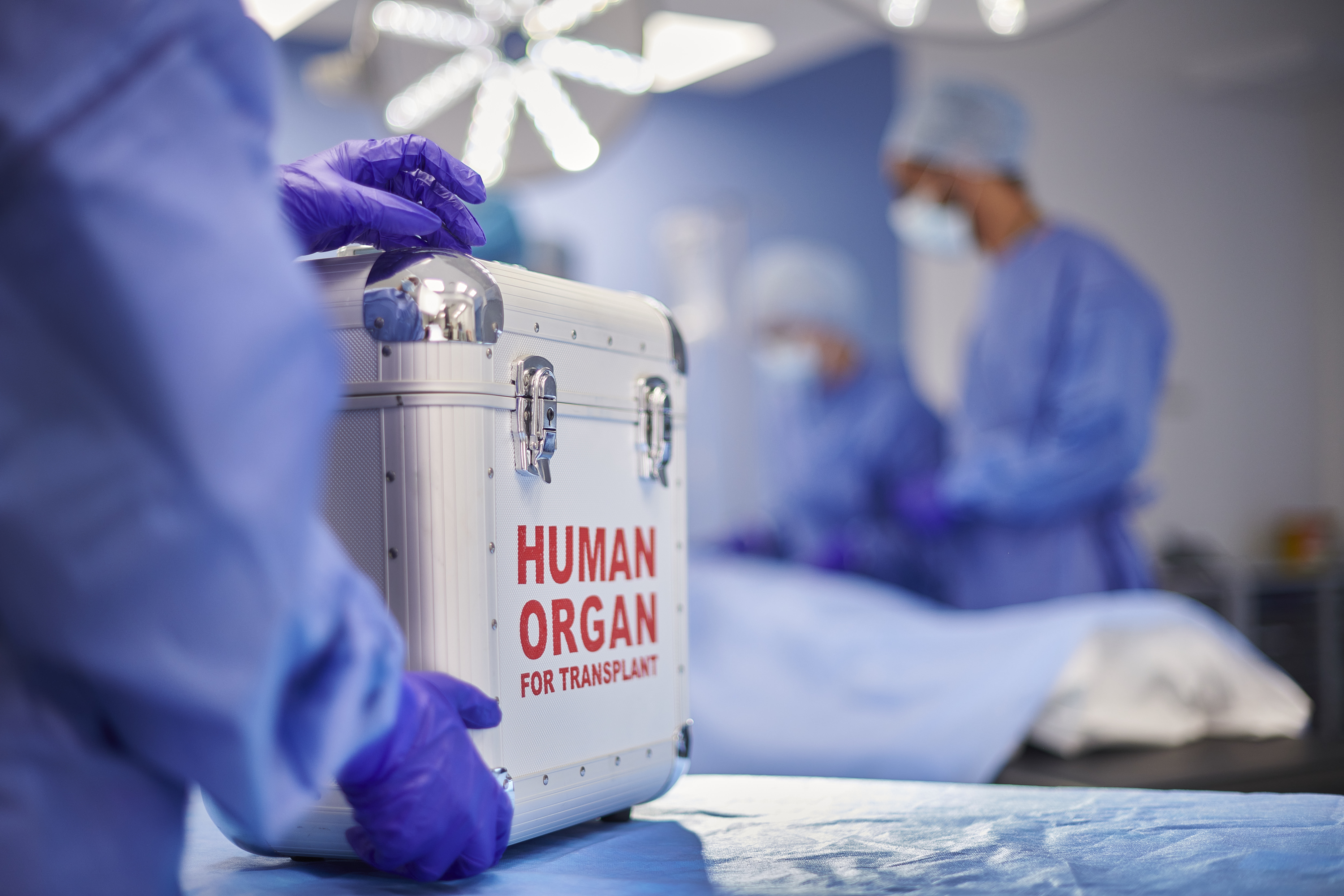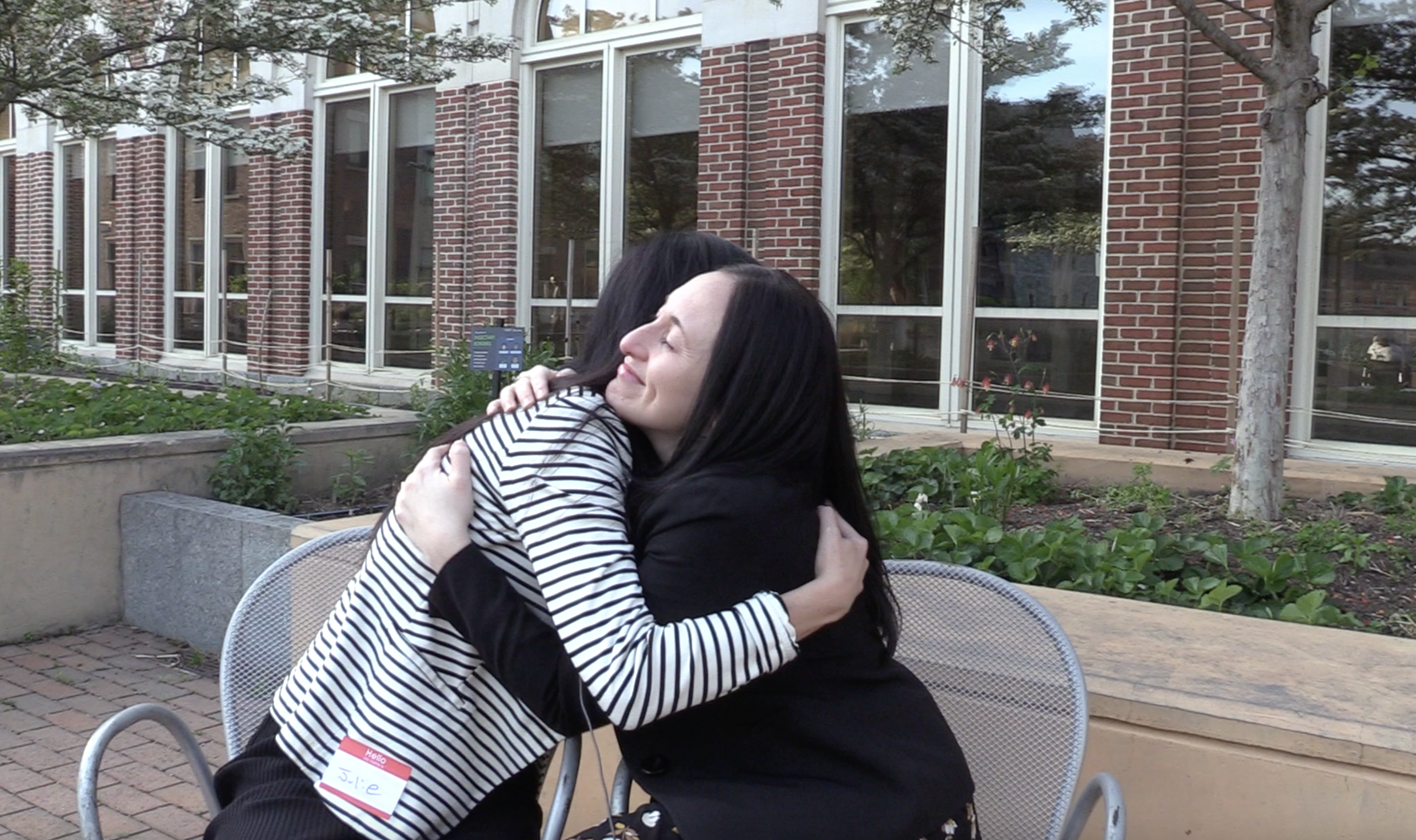How would 65-year-old Martinez Majors Sr. describe himself?
“Fun-loving, easygoing, silver fox, smooth operator,” he replied.
Majors, a Maryland resident, said he lives every day to the fullest because he doesn’t know how many more days he’ll have.
In January 2021, he was diagnosed with Stage 4 kidney disease. His kidneys were operating at just 18%. Suddenly, the “silver fox,” former drill sergeant and body builder needed dialysis. He was stunned.
We've got the news you need to know to start your day. Sign up for the First & 4Most morning newsletter — delivered to your inbox daily. Sign up here.
“I got to be hooked up to a machine for the rest of my life? Or until I get a kidney. And if I don’t get a kidney, I’ll die on dialysis,” he said.
Majors now spends four-and-a-half hours hooked up on dialysis three times per week. His blood is taken out, cleaned and put back in. Unless he gets a kidney, the relentless ritual will continue.
“A lot of people die on dialysis, waiting to get a kidney,” he said.
How the End Kidney Deaths Act works
A bill lawmakers introduced to Congress this summer aims to improve the nationwide shortage of organ donations and save lives.
The End Kidney Deaths Act would give kidney donors a tax credit of $10,000 per year for the first five years after they donate. But there’s a catch: Their donated kidney needs to go to a stranger.
Lindsay Gutierrez is a living donor and a supporter of the bill. She donated a kidney and then a section of her liver to strangers. There was no financial incentive. For Gutierrez, who served in the Air Force and competed in pageants, it was a calling.
“I think it still comes down to doing something that’s in your heart, to want to be able to give. I knew I saved two lives. I’m on a mission now to help save every life,” she said.
About 101,000 Americans are on the waiting list for a kidney. Only 17,000 people receive one each year. And every day, 12 people die waiting for a transplant.
According to the American Kidney Fund, recipients of a living donor kidney usually live longer, healthier lives compared to those who receive a kidney from someone who just died. But living donors only account for one-third of all kidney transplants.
The End Kidney Deaths Act is working its way through Congress. Lawmakers hope to take a vote on the bill next year.
Martinez said receiving a donated kidney would give him his life back. He’s scared a donor kidney won’t come to him in time. But he’ll never lose hope it will.
“God, I’m putting it in your hands,” he said. “If you want me to be here, I’ll be here until you say, ‘It’s your time.’”




